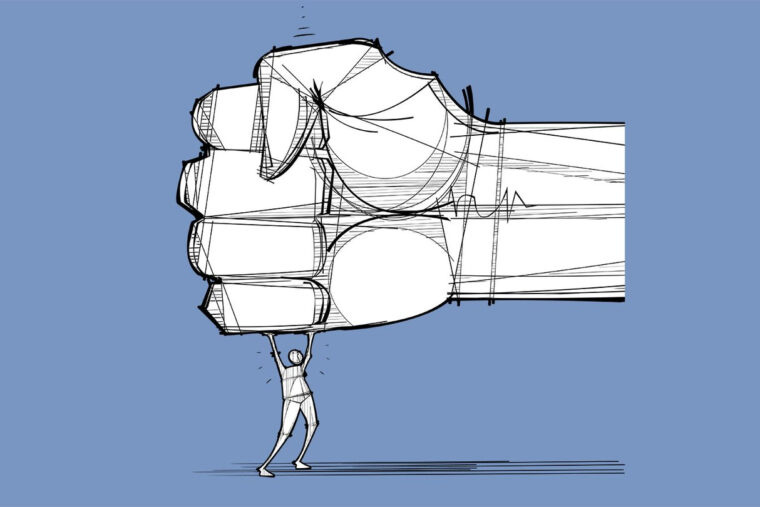"An Adventure Whose Ending Cannot Be Foreseen"
American Samizdat: The Coming Tyranny
The purpose of a good, well-applied analogy is to elucidate. It is to deepen the understanding of one, less familiar figure by holding it up in the comparison that constructs the analogy beside another, better known figure. The analogizer says, “Here, look, see this one — these several — these many points of comparison between the two figures, how they are similar to each other? Let us understand better this new, less well-known phenomenon by recognizing how it is composed of elements not unlike those we find in a phenomenon we know far better.”
The purpose of a good analogy is not to claim that one thing is identical to another — the very same. That is never the case. Aside from the things themselves, the conditions in which we find them — time, space, circumstance, history, culture — will always distinguish them, from which outcomes will, to varying degrees, vary. To begin most basically, a German autocrat will surely speak a different native and everyday lang…




